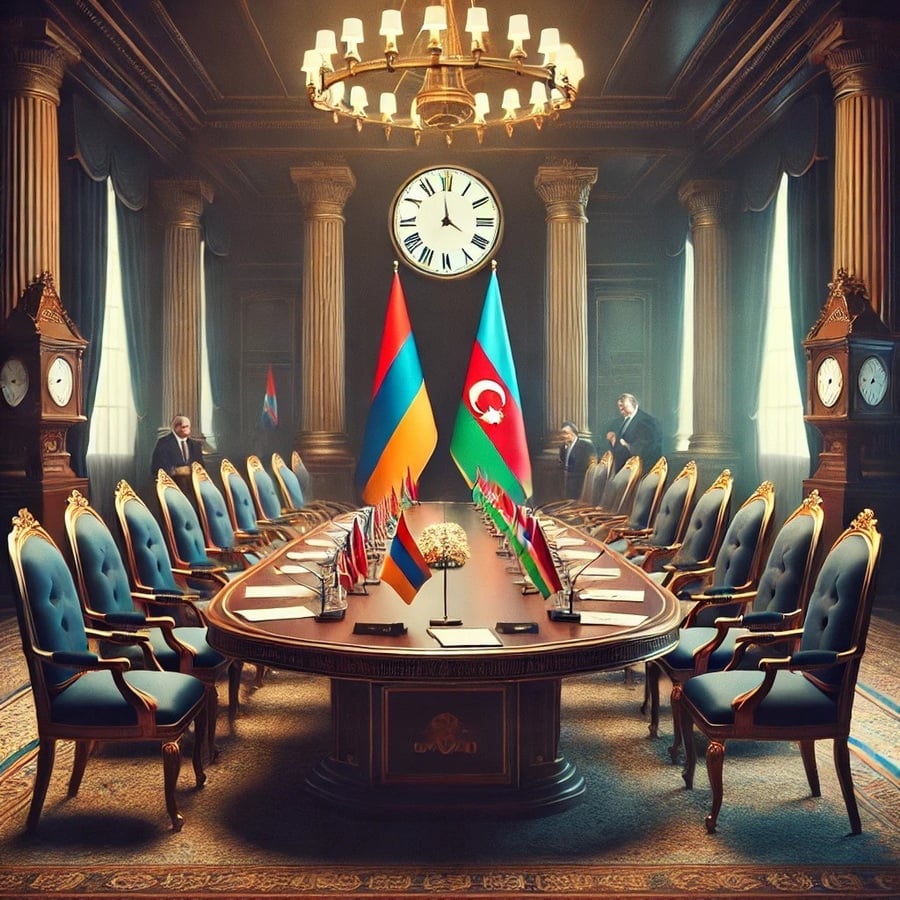So, Rubio and Pashinyan had a phone call—does that mean Trump will now force Aliyev to sign the “peace agreement”? With such simplistic narratives, the government’s propaganda machine is trying to convince people that its “peace agenda” is alive and progressing. In reality, there is no such agenda, nor are there actual negotiations. What exists are Azerbaijani demands, which Pashinyan complies with—without discussion, let alone bargaining.
I have already noted that the Trump administration does not want renewed escalation in the South Caucasus. However, U.S. allies—particularly Turkey and Israel—have enough political leverage to say “no” to Washington when necessary. Of course, this leverage is not unlimited and depends on how much importance the U.S. places on the issue. I suspect that in our case, the problem lies precisely here.
Meanwhile, in Armenia, it is politically convenient for government propaganda to push the narrative that everything is set for “peace,” that the long-awaited agreement is ready to be signed, and that all major powers are eager for it to happen. The only obstacle, according to this narrative, is Armenia’s “bad” opposition, which supposedly seeks war, revenge, and destabilization. If not for the opposition, we would already be living in a paradise of peace, stability, and security.
In reality, Azerbaijan is not ready to sign the “peace agreement” and continues to impose new preconditions. So far, some of these demands have surfaced: Armenia must amend its constitution, the OSCE Minsk Group must be formally dissolved, Armenian “war criminals” must be handed over to Azerbaijan, and 350,000 Azerbaijanis must be allowed to “return to Armenia.” No matter how much Pashinyan may want to fulfill these demands, doing so in just a few days or weeks is impossible. As a result, the signing of the peace agreement is being postponed—at least for several months—and the Armenian opposition has nothing to do with it.
Read also
Expecting Trump or anyone else to demand that Azerbaijan drop its preconditions and sign the agreement is unrealistic. And even if all demands are met, there is no guarantee that the agreement will actually be signed.
Aram ABRAHAMYAN




















































